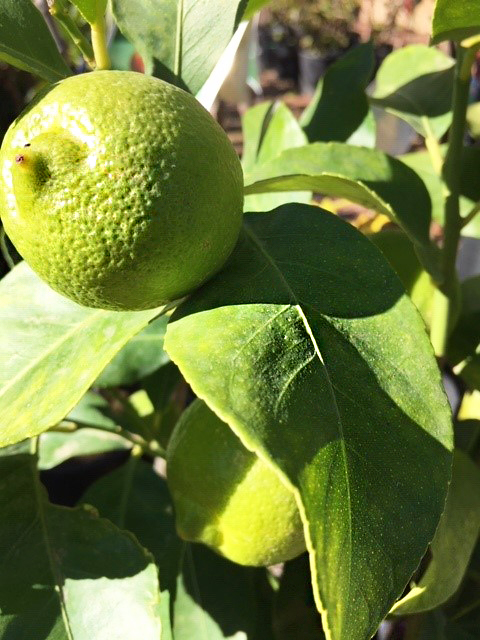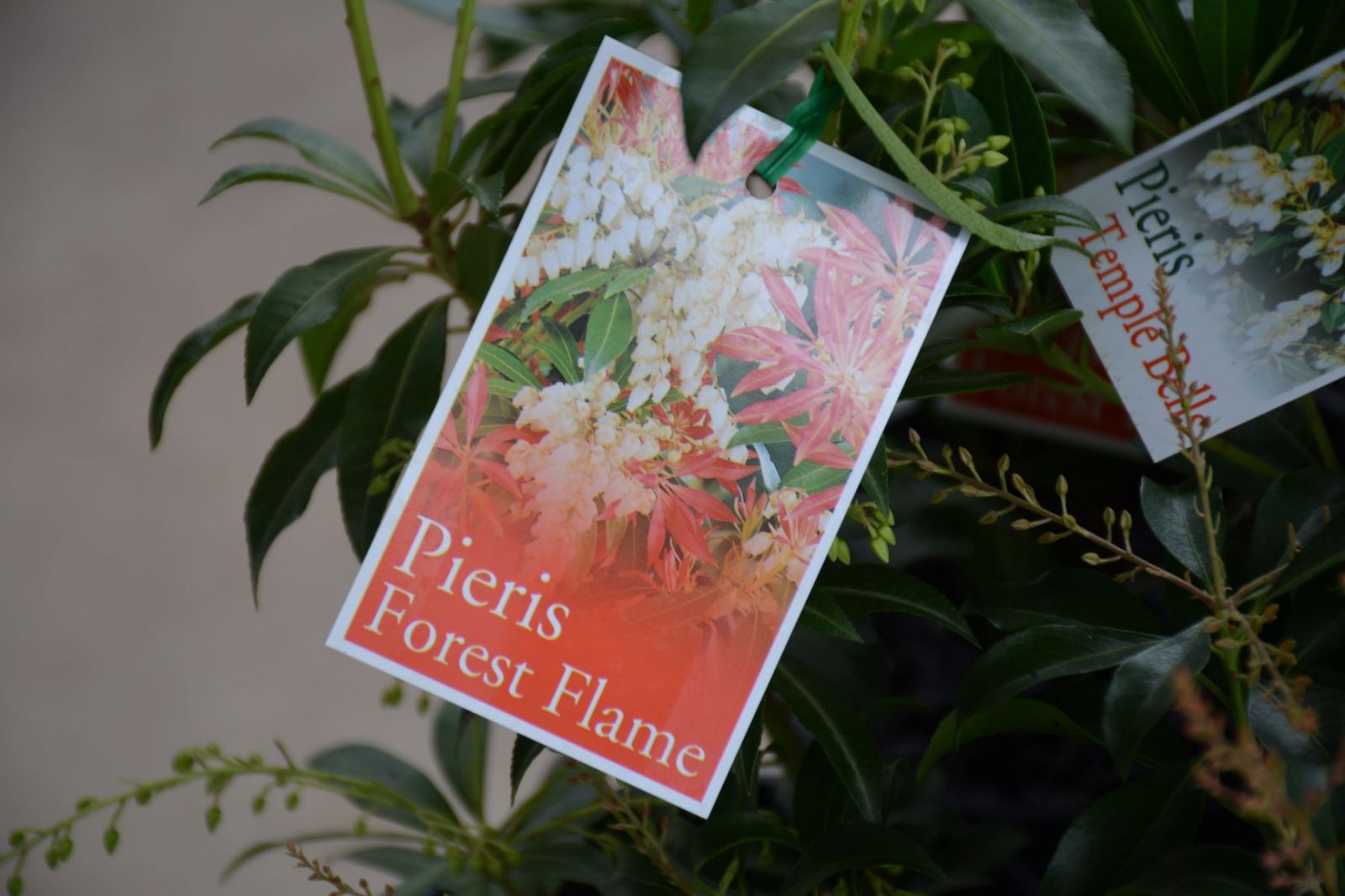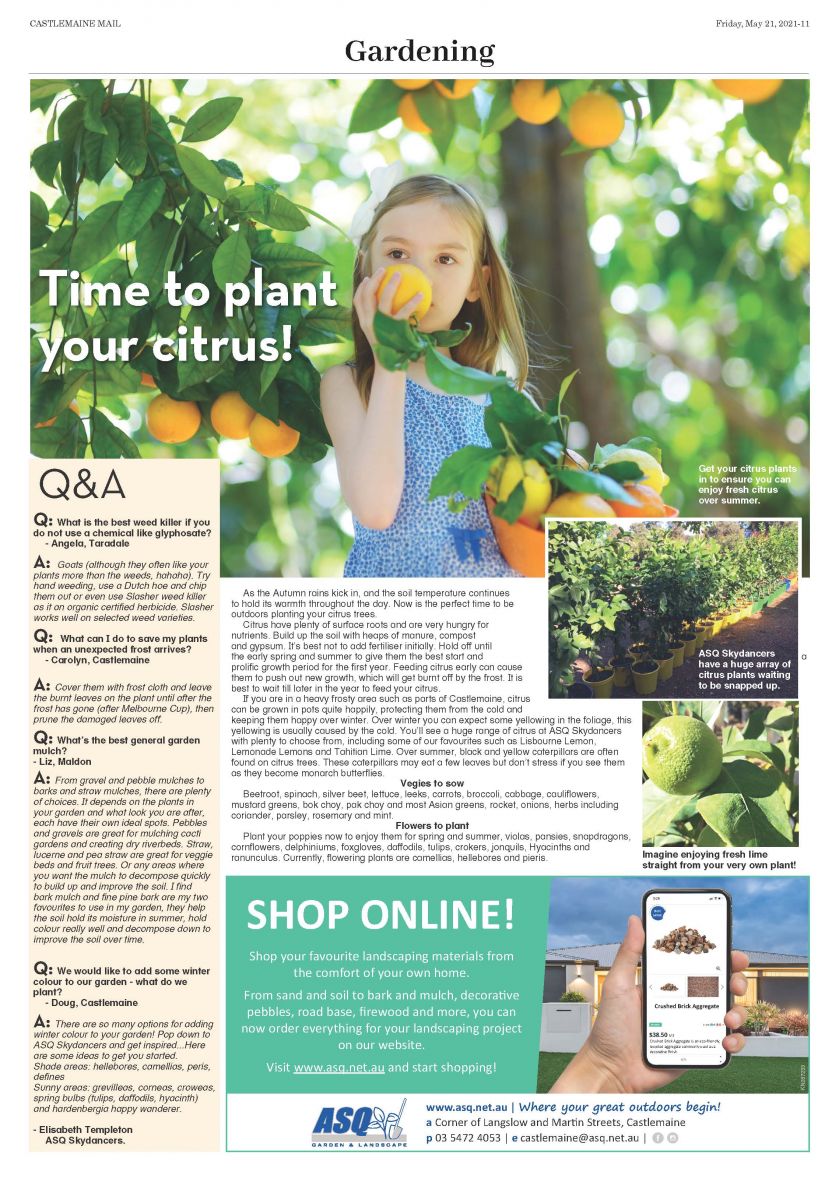Who does it apply to?
This policy applies to all customers, across the ASQ Group.
Scope
This policy outlines ASQ’s ongoing obligations in respect of how we manage your personal information.
We have adopted the Australian Privacy Principles (APPs) contained in the Privacy Act 1988 (Cth) (the Privacy Act). The APPs govern the way in which we collect, use, disclose, store, secure and dispose of your Personal Information.
A copy of the Australian Privacy Principles may be obtained from the website of The Office of the Australian Information Commissioner at www.oaic.gov.au
Commitment
ASQ is committed to providing quality services to you. All ASQ workers respect and are committed to protecting the privacy of all parties.
ASQ will never sell, rent, lease or give away your personal information (including your name, address, email address, phone number etc) to any third party.
What is personal information and why do we collect it?
Personal information is information that identifies an individual. Examples of the personal information we may collect include names, addresses, email addresses, phone numbers, birth dates and banking information.
This information is obtained in many ways including via telephone, email, facsimile, correspondence, VIP signups, credit application forms, our website (www.asq.net.au), meetings, interviews, your website, media and publications, other publicly available sources and from third parties.
We collect your personal information for the primary purpose of providing our services and information to you, as well as marketing. We may also use your personal information for secondary purposes closely related to the primary purpose, in circumstances where you would reasonably expect such use or disclosure. For example, we may collect your email address when you become a trade account customer so we can send you invoices and statements, however we may then use the address provided to inform you of updates to our Privacy Policy.
If you apply for a job or express your interest in working for ASQ, your personal information will be collected from employment applications. This information will only be used for the purpose of hiring new employees. The information will be stored by us for the duration that we deem relevant to hiring new employees. This information will not be disclosed to third parties.
You may request removal of your information from our system or unsubscribe from our mailing/marketing lists at any time by contacting us.
When we collect personal information we will, where appropriate and where possible, explain to you why we are collecting the information and how we plan to use it.
Sensitive information
Sensitive information is defined in the Privacy Act to include information or opinion about such things as an individual's racial or ethnic origin, political opinions, membership of a political association, religious or philosophical beliefs, membership of a trade union or other professional body, criminal record or health information.
Sensitive information will be used by us only:
-
For the primary purpose for which it was obtained
-
For a secondary purpose that is directly related to the primary purpose
-
With your consent; or where required or authorised by law.
Third parties
Where reasonable and practicable to do so, we will collect your personal information only from you. However, in some circumstances we may be provided with information by third parties. In such a case we will take reasonable steps to ensure that you are made aware of the information provided to us by the third party.
Disclosure of personal information
Your personal information may be disclosed in a number of circumstances including the following:
Security of personal information
Your personal information is stored in a manner that reasonably protects it from misuse and loss and from unauthorised access, modification or disclosure. Access to your personal information is restricted to ASQ workers who need it to provide benefits or services to you. We train our workers about the importance of confidentiality and maintaining the privacy and security of your information.
When your personal information is no longer required for the purpose for which it was obtained, we will take reasonable steps to destroy or permanently de-identify your personal information. However, most of the personal information is or will be stored in client files which will be kept by us for a minimum of seven years.
ASQ uses ‘Stripe’ for our online payment system which is certified to PCI Service Provider Level 1. ASQ does not store customer credit card details. Stripe encrypts data with AES-256 and decryption keys are stored on separate machines. None of Stripe’s internal servers and daemons are able to obtain plaintext card numbers. For more information about Stripe security please visit www.stirpe.com/docs/security/stripe.
Access to your personal information
You may access your personal information and request to update/correct any details, subject to certain exceptions. We will take reasonable steps to make sure that your personal information is accurate, complete and up-to-date.
If you find that the information we have is not up to date or is inaccurate, please advise us as soon as possible so we can update our records and ensure we can continue to provide quality services to you. ASQ will not charge any fee for your access request.
To protect your privacy and the privacy of others, we will need evidence of your identity before we can grant you access to information about you or update any details.
Website
Our website contains links to other websites such as suppliers. ASQ is not responsible for the privacy practices of these websites. We advise that you read their privacy policies before giving out your personal information.
We monitor our website using Google Analytics, a service which collects website traffic data to help us understand what our website visitors are viewing. Google Analytics does not associate your IP address with any other data and does not identify individual users. For more information please read Google's Privacy Policy.
ASQ also uses social media platforms including Facebook and Instagram. If you choose to ‘like’ or ‘share’ information from our website to these platforms you should first review their independent privacy policies.
Cookies
Cookies are small files placed in your web browser which collect information about your web browsing behaviour. ASQ uses cookies on its website which allows us to tailor its configuration to your needs and preferences. Although cookies do not access information stored on your computer or any personal information such as your name, phone number or address, they do allow the collection of identifiable information.
Policy updates
This policy may change from time to time and is available on our website.
Policy complaints and enquiries
If you have any queries or complaints regarding our Privacy Policy, please contact us directly using the information below. Complaints may then be taken to a recognised external dispute resolution scheme and/or the Office of the Australian Information Commissioner.
Contact us
If there are any questions, comments or you would like more information regarding our Privacy Policy please contact us:
ASQ Head Office
03 5446 1677 | [email protected]
PO Box 358, Eaglehawk, VIC 3556




